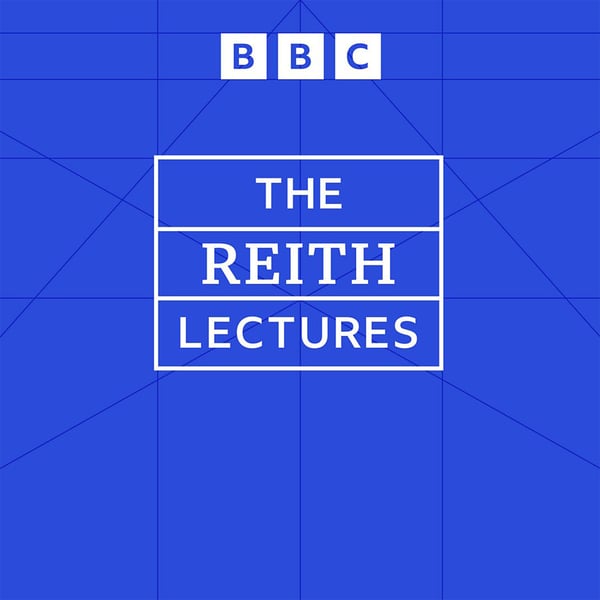AI: A Future for Humans
The Reith Lectures
BBC
4.2 • 770 Ratings
🗓️ 22 December 2021
⏱️ 59 minutes
🧾️ Download transcript
Summary
Stuart Russell suggests a way forward for human control over super-powerful artificial intelligence. He argues for the abandonment of the current “standard model” of AI, proposing instead a new model based on three principles - chief among them the idea that machines should know that they don’t know what humans’ true objectives are. Echoes of the new model are already found in phenomena as diverse as menus, market research, and democracy. Machines designed according to the new model would be, Russell suggests, deferential to humans, cautious and minimally invasive in their behaviour and, crucially, willing to be switched off. He will conclude by exploring further the consequences of success in AI for our future as a species.
Stuart Russell is Professor of Computer Science and founder of the Center for Human-Compatible Artificial Intelligence at the University of California, Berkeley.
The programme and question-and-answer session was recorded at the National Innovation Centre for Data in Newcastle Upon Tyne. Presenter: Anita Anand Producer: Jim Frank Production Coordinator: Brenda Brown Editor: Hugh Levinson.
Transcript
Click on a timestamp to play from that location
| 0:00.0 | You're about to listen to a BBC podcast, but this is about something else you might enjoy. |
| 0:05.4 | My name's Katie Lecky and I'm an assistant commissioner for on demand music on BBC Sounds. |
| 0:10.8 | The BBC has an incredible musical heritage and culture and as a music lover, I love being part of that. |
| 0:17.5 | With music on sounds, we offer collections and mixes for everything, from workouts to |
| 0:22.4 | helping you nod off, boogie in your kitchen, or even just a moment of calm. And they're all put |
| 0:28.3 | together by people who know their stuff. So if you want some expertly curated music in your life, |
| 0:35.0 | check out BBC Sounds. |
| 0:41.3 | BBC Sounds, music, radio, podcasts. Hello, I'm Stuart Russell, and in my reflectures I'll be exploring |
| 0:46.3 | what I think will be the most profound change in human history. |
| 0:50.3 | The eventual emergence of general purpose artificial intelligence. |
| 0:56.5 | This final lecture of four, called AI, A Future for Humans, asks how we can retain power |
| 1:03.4 | forever over entities far more powerful than ourselves. |
| 1:10.8 | Welcome to the fourth and final BBC Reith Lecture of 2021 with Professor Stuart Russell. |
| 1:18.5 | We're in Newcastle at the National Innovation Centre for Data set up two years ago with funding from the government and Newcastle University. |
| 1:28.9 | It's based in this state-of-the-art helix science district on the site of a former coal mine. I mean, you could say |
| 1:35.2 | from coal mining to data mining, if you like. It is symbolic of the changes the northeast of |
| 1:41.2 | England has undergone. The NICD's mission is to transfer data skills to the UK workforce. |
| 1:47.0 | Current projects include using AI to help improve patients walking and track endangered species. |
| 1:54.0 | It is then an ideal place to wrap up this year's series called Living with Artificial Intelligence. So far in his lectures, |
| 2:03.7 | Stuart has outlined some of the major challenges artificial intelligence poses to our lives |
| 2:09.6 | about the way we work, how we wage war. And now in this final lecture, Stuart offers us some |
| 2:16.9 | solutions, |
... |
Please login to see the full transcript.
Disclaimer: The podcast and artwork embedded on this page are from BBC, and are the property of its owner and not affiliated with or endorsed by Tapesearch.
Generated transcripts are the property of BBC and are distributed freely under the Fair Use doctrine. Transcripts generated by Tapesearch are not guaranteed to be accurate.
Copyright © Tapesearch 2025.

